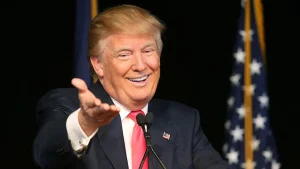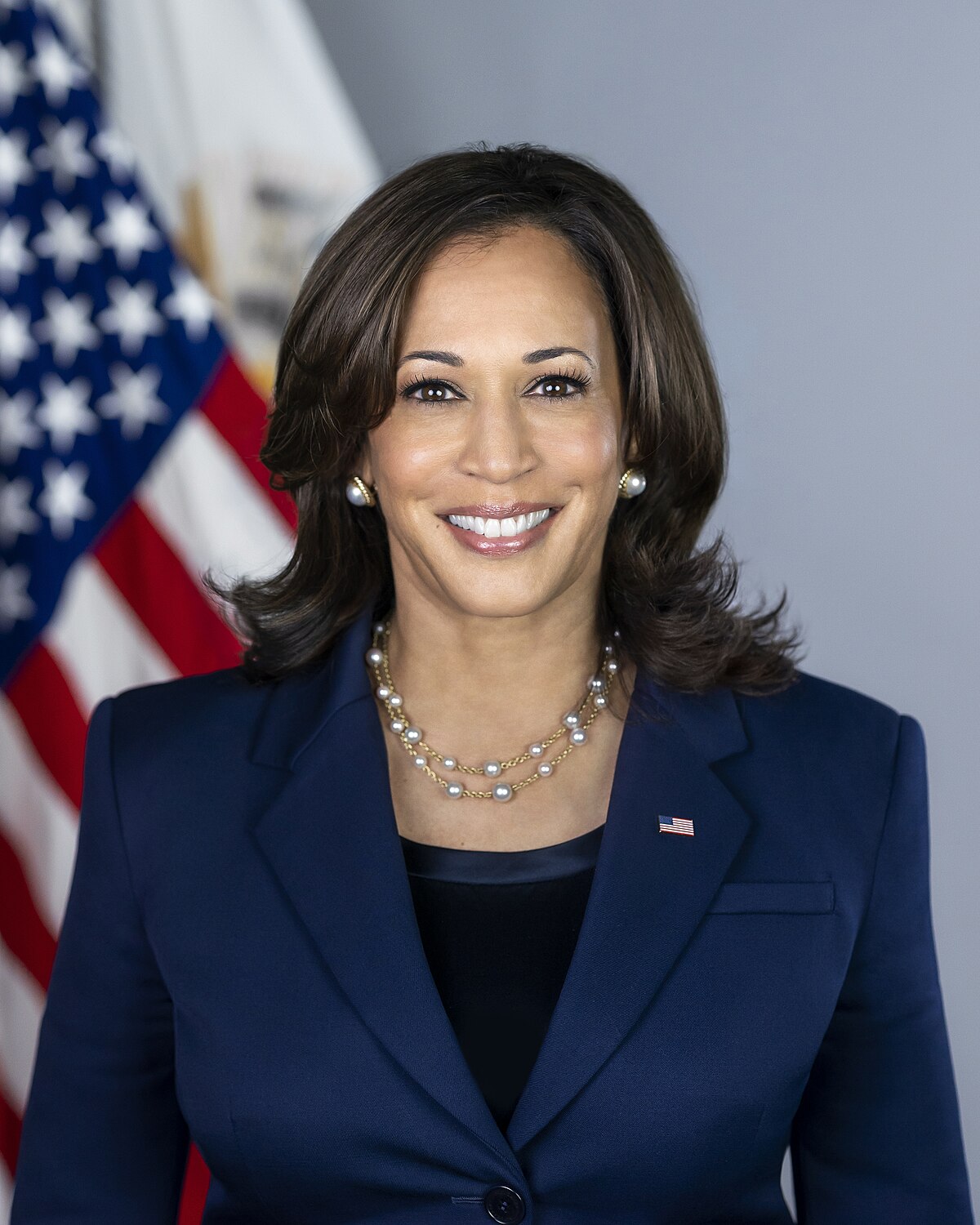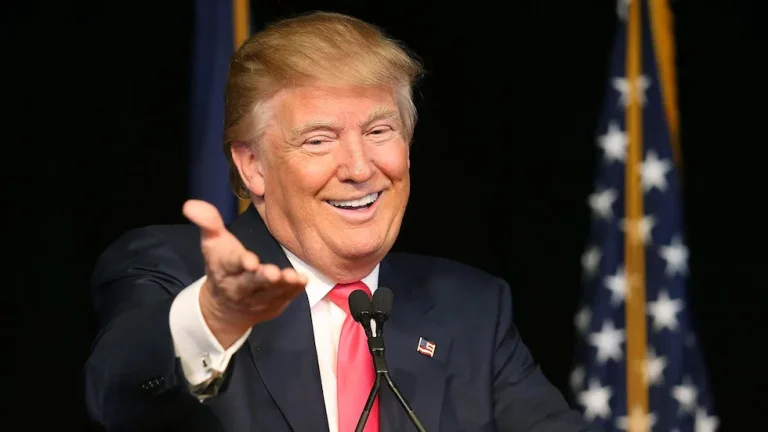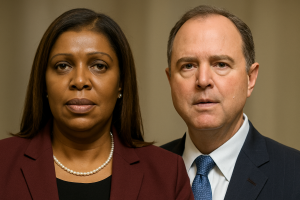As Vice President Kamala Harris embarks on her campaign for the presidency, a conservative legal advocacy group, America First Legal (AFL), has announced multiple investigations into her tenure as a prosecutor and attorney general in California. These inquiries focus on Harris’s record in criminal justice and her ethical practices, areas that have generated considerable public attention and debate throughout her political career. AFL, founded to pursue legal challenges to federal policies, alleges that Harris has at times prioritized political objectives over adherence to statutory law and is scrutinizing her handling of various legal and ethical matters during her service in California.
AFL’s investigations reportedly cover several key areas, including the enforcement of federal and state statutes, adherence to ethics regulations, potential conflicts of interest, and her office’s oversight of staff conduct. According to Dan Epstein, AFL’s president, the group is examining what it views as patterns in Harris’s legal decision-making that suggest she may have allowed personal or political considerations to influence her prosecutorial and administrative actions. The organization claims that Harris’s approach to law enforcement and legal oversight warrants careful review in light of her presidential ambitions, emphasizing transparency and accountability in public office.
One of the most widely cited aspects of Harris’s prosecutorial record involves California’s truancy law, passed in 2011. The law allowed district attorneys to bring misdemeanor charges against parents whose children were chronically absent from school without valid excuses. Harris, then serving as San Francisco’s district attorney, advocated for enforcement measures aimed at reducing truancy and improving school attendance. Supporters argue that her approach reflected a commitment to education and the welfare of children, while critics contend that it disproportionately affected low-income and minority families by subjecting parents to potential criminal penalties. In later years, Harris acknowledged that some consequences of the law were unintended, clarifying that it was never her intent to criminalize parents. Her office has noted, however, that no parents were jailed during her tenure as district attorney and that overall school attendance in the city improved significantly under her programs.
Another point of focus in AFL’s investigation concerns Harris’s public support for bail initiatives during the 2020 protests following George Floyd’s death. Harris voiced support for organizations like the Minnesota Freedom Fund, which raised substantial funds to post bail for individuals arrested during demonstrations. Critics of her endorsement argue that it indirectly facilitated the release of individuals who may have later engaged in criminal activity, although the funds were intended primarily to prevent pretrial detention for non-violent offenses. AFL is examining the extent and impact of Harris’s involvement in these initiatives, including whether her support reflected broader policy priorities inconsistent with her previous record as a “tough on crime” prosecutor.
The investigations also extend to potential conflicts of interest in Harris’s early career, particularly her professional relationship with California Assembly Speaker Willie Brown. During this period, Harris secured appointments to influential boards and commissions, and AFL is seeking to determine whether proper recusal procedures and disclosure protocols were followed. Critics argue that this relationship may have provided her with advantages in securing high-profile legal and administrative positions, though there is no evidence of legal impropriety. The AFL’s review seeks to clarify whether ethical guidelines and transparency requirements were fully observed.
Harris’s record as a prosecutor and attorney general has long been a point of political contention. Supporters highlight her achievements in improving educational outcomes, implementing diversion programs for low-level offenders, and pursuing reforms aimed at modernizing California’s criminal justice system. Detractors, however, emphasize that her early prosecutorial decisions contributed to systemic inequalities, particularly in marginalized communities, and argue that her positions during the 2020 protests illustrate a shift in policy priorities that warrants scrutiny. The AFL investigations arrive at a critical moment, as Harris prepares to articulate her platform to a national electorate and define her candidacy in contrast to her opponents.
While the events described are factual, the framing and interpretation vary depending on political perspective. AFL’s investigations reflect a conservative viewpoint, focusing on areas where Harris’s record may be characterized as inconsistent or ethically ambiguous. Analysts and observers note that such investigations are common during presidential campaigns, serving both to inform the public and to highlight potential vulnerabilities for candidates. Independent examination of primary sources, public records, and verified reporting remains essential for voters seeking a balanced understanding of Harris’s career and qualifications.
As the investigations progress, they may influence public discourse and shape the political narrative surrounding Harris’s campaign. They also underscore the broader tension between public accountability and partisan scrutiny, highlighting the challenges that arise when past professional decisions intersect with present political ambitions. Regardless of political alignment, the situation illustrates the importance of transparency, ethical conduct, and adherence to legal standards in positions of public trust.
In summary, America First Legal has initiated a series of probes into Vice President Kamala Harris’s legal career, examining her enforcement of statutes, ethical practices, handling of conflicts of interest, and involvement in high-profile initiatives. The investigations reflect both historical scrutiny of her prosecutorial record and contemporary political concerns as she seeks the presidency. While interpretations differ, the developments underscore ongoing debates about criminal justice, accountability, and the role of public officials in balancing law, policy, and politics.

James Jenkins is a celebrated Pulitzer Prize-winning author whose work has reshaped the way readers think about social justice and human rights in America. Raised in Atlanta, Georgia, James grew up in a community that instilled in him both resilience and a strong sense of responsibility toward others. After studying political science and creative writing at Howard University, he worked as a journalist covering civil rights issues before dedicating himself fully to fiction. His novels are known for their sharp, empathetic portraits of marginalized communities and for weaving personal stories with broader political realities. Jenkins’s breakout novel, Shadows of Freedom, won national acclaim for its unflinching look at systemic inequality, while his more recent works explore themes of identity, resilience, and the fight for dignity in the face of oppression. Beyond his novels, James is an active public speaker, lecturing at universities and participating in nonprofit initiatives that support literacy and community empowerment. He believes that storytelling is a way to preserve history and inspire change. When not writing, James enjoys jazz music, mentoring young writers, and traveling with his family to explore cultures and stories around the world.









